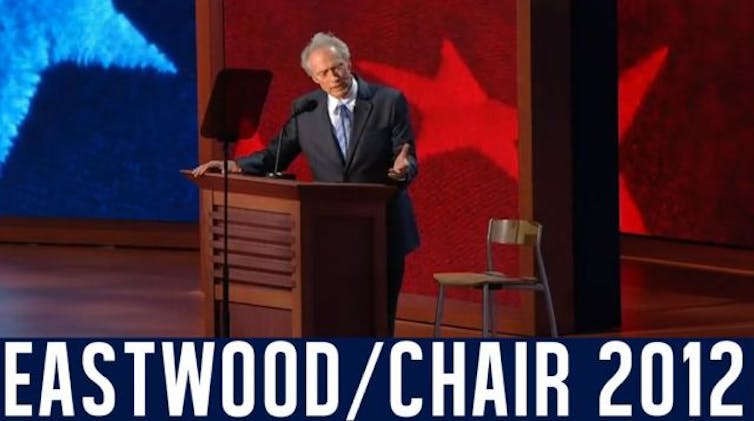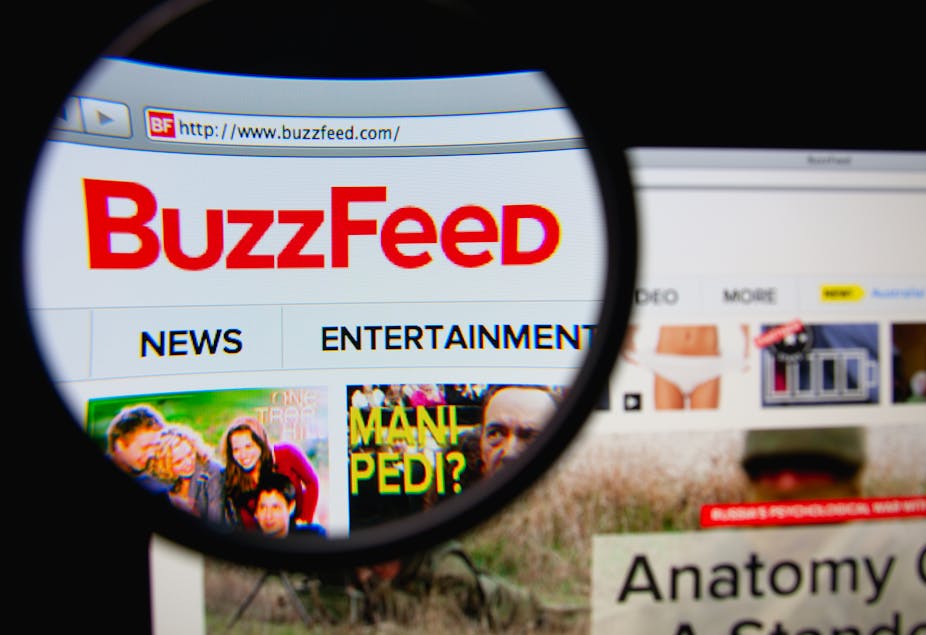In recent weeks, the big issue on the campaign trail has been the TV debates. Whether you see Cameron as being a coward, or just being wise, his refusal to take part in all but one of the debates has certainly given all of the other parties an opportunity to go on the offensive.
On Twitter, the other leaders said he was running scared and that he was holding the debates ransom.
As to what will happen to the debates, everything still seems up in the air. The digital debate being hosted by YouTube, the Guardian and the Daily Telegraph is looking increasingly likely with a new proposal to No 10 which would see a five-way debate being hosted online on either the 26th or 27th of March.
The head-to-head debate between Cameron and Miliband still looks improbable as empty chairing Cameron should he not show up would leave the electorate with the potential of Ed Miliband having a farcical Clint Eastwood moment. Whatever happens, the majority of the public want to see the debates go ahead and if they don’t, it will no doubt damage Cameron’s image.

Creating a buzz
Of course the debates weren’t the only thing buzzing on social media. The Green Party is receiving much more attention than compared to the previous election. It’s hard to argue that they shouldn’t be getting the attention they are. Currently hovering at around 8% in the polls, their surge in popularity is a real problem for the Lib Dems from whom they seem to have stolen many voters.
Buzzfeed, the website more commonly known for listicles such as 32 Pictures You Need To See Before You Die and 24 Things That Only Happen When You Date A Vegetarian had somewhat of a scoop in obtaining an internal poll in the Green Party which showed that almost half their members voted Lib Dem in 2010. How the Lib Dems react to this and whether we see any significant campaigning to lure back these new Green voters will be interesting to see.
Speaking of Buzzfeed, while many often dismiss the site as an accumulator of whimsical and soft news stories, they have managed to nab the first sit down interview for the election with David Cameron. They are the first news outlet to get the chance to grill the PM about the main issues of this election.
One imagines that Cameron will tailor his answers for a younger audience owing to the fact that Buzzfeed does tend to cater for a younger demographic. And for those wondering why Cameron chose Buzzfeed, the UK site alone attracts more than one million unique viewers a day. This sort of potential audience is nothing to be sniffed at.
One final bit of campaign coverage relating to Buzzfeed was, you guessed it, a listicle about the first meme of the campaign. The Conservative poster portraying Ed Miliband being in the pocket of Alex Salmond quickly spawned a host of parodies and even had other party leaders joining in on the joke. As the weeks go by, expect many of the campaign posters to be parodied online.
What’s the point of Twitter?
Finally, I often get asked “What is the point of Twitter?”, especially when it comes to why I feel that politicians should use social media much more than they currently do. I think it’s a great way to for politicians to engage with their constituents and hear their concerns.
The fact that around 80% of MPs now have Twitter accounts means it’s much easier for a young person to contact their MP on Twitter than it is for them to visit their local offices. But do the politicians actually listen? According to a new analysis by the think tank Demos, about 17% of the tweets sent by MPs were direct replies to other users tweets. While the party leaders tend to shun from direct engagement on Twitter, there are other MPs that are really engaged. The best example of this is Tim Farron who is the most engaged with 93% of his tweets being direct replies.
While going door to door may still be one of the most effective ways of hearing what people on the street are really thinking, hearing what they say online is becoming increasingly important. As Farron points out “Engagement is key - twitter is not a megaphone, it’s a conversation IMO.”
Whether the public engages with the election through reading articles on BuzzFeed, watching the (potential) TV debates online, or by having conversations on Twitter, one thing is for certain, in the coming weeks no matter where we turn online, we won’t be able to shield ourselves from the media tsunami of election coverage.

